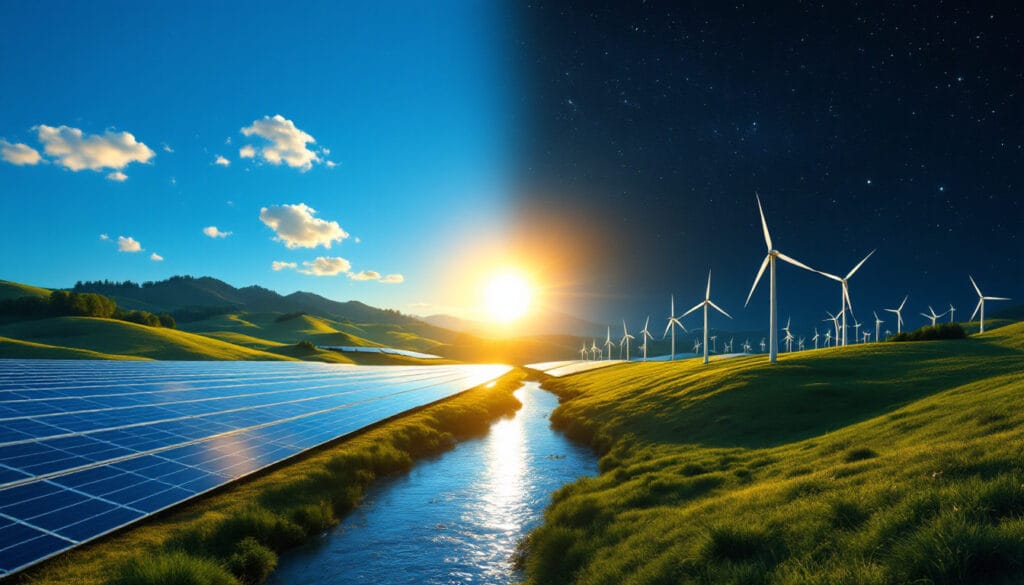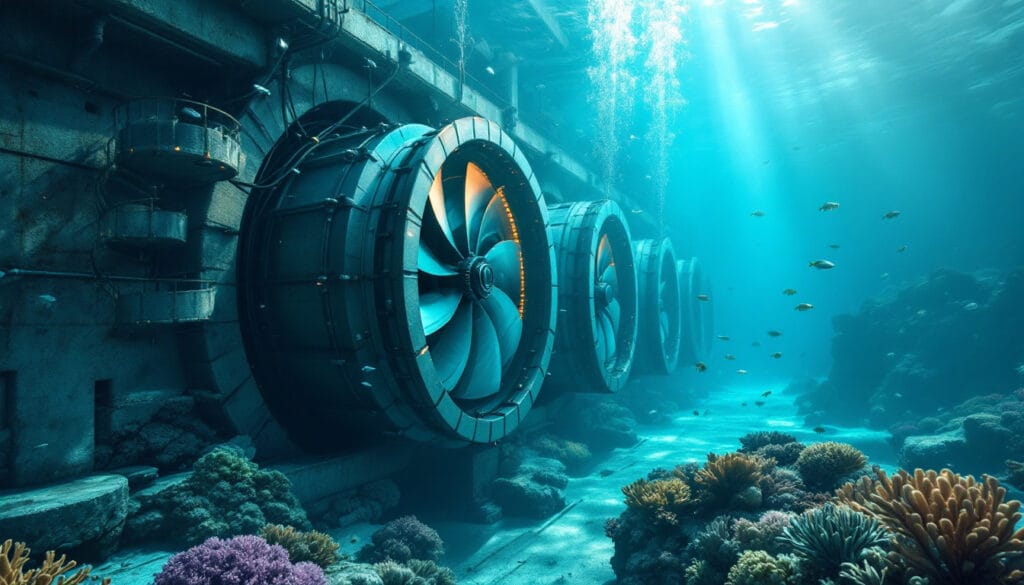Discover the world of fossil fuels, a major resource of our contemporary societies. Derived from the transformation of organic materials stored underground for millions of years, these fossil fuels such as coal, oil, and natural gas, account for approximately 80% of the energy consumed worldwide. While they have long been synonymous with progress, these non-renewable energies are now at the heart of environmental debates due to their significant role in greenhouse gas emissions, contributing to global warming.
When discussing energy, it is essential to understand the concept of fossil energy. These energy sources, such as coal, oil, and natural gas, come from the exploitation of deposits buried in the soil, resulting from the decomposition of living organisms millions of years ago. These organic materials, under the influence of pressure and terrestrial heat, gradually transform into fossil fuels.
Despite their natural presence in the Earth’s subsurface, fossil fuels are limited and non-renewable. Once the reserves are depleted, they cannot be replenished on a human scale. Furthermore, the combustion of these fuels releases carbon dioxide (CO2) and other greenhouse gases, thus contributing to climate change.
Moreover, we use these resources extensively, with fossil fuels representing 80% of the energy utilized worldwide. Their massive consumption has led to numerous environmental impacts, notably the increase in CO2 emissions. According to some projections, CO2 emissions from fossil fuels are expected to rise again by 2024 (Source).
Compared to renewable energies like solar and wind, producing electricity from fossil fuels is extremely carbon-intensive. According to studies, the use of fossil gas can emit 10 to 40 times more carbon than renewable energies or nuclear energy.
However, while the transition to green energies is becoming a necessity, it is also irreversible. Ed Miliband has stated that this transition is an “irresistible” transformation (Source). Numerous initiatives are underway around the world to increase the share of renewable energies in energy consumption. For example, Japan aims to increase its energy consumption to 40 to 50% from renewable sources by 2040.
Egypt has also confirmed its goal of achieving 42% renewable energy by 2030, while seeking international assistance to reach this ambitious target (Source).
In the face of these challenges, solutions are multiplying. For example, Colorado officials are considering using freight trains as a means of transporting renewable energy across the state (Source).
In conclusion, understanding fossil energy, its role, its limits, and its alternatives is essential for participating in this energy revolution that is already underway. Even as emissions continue to rise, renewable solutions, supported by bold global initiatives, increasingly embody the sustainable energy future our planet needs.

FAQ: Understanding Fossil Energy
Q: What is fossil energy?
A: Fossil energies are derived from the transformation of organic materials buried underground for millions of years. They include coal, oil, and natural gas.
Q: What are the main types of fossil energies?
A: The main types of fossil energies are coal, oil, and natural gas.
Q: What is the environmental impact of fossil energies?
A: When fossil energies are burned, carbon dioxide and other greenhouse gases are released, contributing to global warming.
Q: Why are fossil energies considered non-renewable?
A: Fossil energies are limited because they come from natural reserves that form over millions of years and do not renew on a human scale.
Q: Do fossil energies still represent a large share of global energy consumption?
A: Yes, fossil energies currently account for approximately 80% of the energy used worldwide.
Q: How do fossil energies compare to renewable energies in terms of emissions?
A: Compared to renewable energies such as wind and solar, using fossil gas for electricity production is 10 to 40 times more carbon-intensive.
Articles similaires
Thank you!
We will contact you soon.













